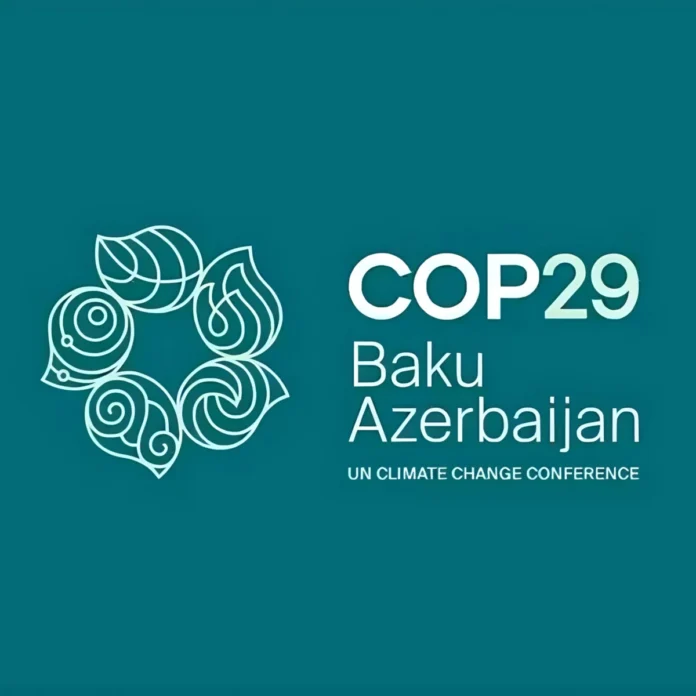As the world gathers in Baku, Azerbaijan, for the COP29 United Nations Climate Summit, the Biotechnology Innovation Organization (BIO) is ensuring biotech’s role in addressing climate policy and food security is part of the conversation.
BIO has organized a panel on food security on Saturday, Nov. 16, and is participating in two later panels—on the circular bioeconomy, and sustainable energy and materials production—says Tamra Spielvogel, BIO’s Senior Director, Climate Policy, who is currently in Baku.
“Leveraging of biotechnology innovation is going to be key in order to enable advances in climate adaptation, mitigation, and resilience,” according to Spielvogel. Biotech makes agriculture more productive and more sustainable. Technologies are enabling farmers around the world to sustain their own farms and provide for their own communities, she explains.
“In order to end hunger and increase food security around the globe, you should care about what we are doing in technology innovations,” Spielvogel says.
BIO’s COP29 panel on food security
BIO organized a panel, entitled “Leveraging Biotech Value Chains to Advance Food Security and Sustainability,” to be held Saturday, from 12:30-1:30 pm local time in The Home of Sustainable Agriculture of the Americas, a pavilion set up in Baku for COP29 by the International Institute for Cooperation of Agriculture (IICA).
The panel begins with the understanding that biotechnology can advance global food security by enabling sustainable food systems through a range of innovations, including biotech feedstocks, reduced agricultural inputs, and disease-resistant crops.
“However, continued progress in this area is being restricted by a lack of clear public policy that would incentivize the research, development, and deployment of these types of next-gen technologies,” according to a description of the panel.
The panel will seek ways to improve “the landscape for biobased innovations that advance sustainable growing practices, open new markets for biobased feedstocks, and ensure a role for biotechnology across a wide range of end products.”
The moderator of the panel is Rose Barbuto of the National Farm Journal Foundation. The panelists are: Eduardo Leão – CEO of CropLife Brazil; Tamara Muruetagoiena – Vice President, Sustainability, International Fresh Produce Association; and Jamaica Gayle – Senior Director, Sustainability & Environmental Affairs, Corn Refiners Association.
What else BIO is doing in Baku
On Monday, at 1:15 pm local time, Spielvogel will be a panelist for an official side-event of COP29 entitled “Materials to Systems: Scaling Finance for Energy Efficiency, Clean Energy & Biobased Solutions.” It takes place in Side Event Room 2 of the Baku Stadium, the main venue for COP29.
Panelists will look at how new materials, renewables, carbon storage, and other technologies can assist in the energy transition and reduce greenhouse gas emissions.
“Innovative materials are essential to achieving a low-carbon, circular economy by reducing emissions, enhancing resource efficiency, and transforming industries,” according to a description of the panel. “Scaling these materials requires strategic partnerships and financing to drive widespread adoption and contribute meaningfully to the global energy transition.”
Along with BIO’s Spielvogel, the panel will include Emmanuel Escoto, Manager, Global Cooperation, ASTM International; Kolja Kuse, Chief Executive, European Business Council for Sustainable Energy and Materials; and James Glueck, Executive Director, Plant Based Products Council.
Spielvogel will also speak as a participant in another panel, focused on the circular bioeconomy. Entitled “Dialogue for Climate Action: Circular Bioeconomy Solutions from the Land,” the panel takes place in IICA’s Home of Sustainable Agriculture of the Americas on Saturday, Nov. 16, at 2:30 pm.
The UN Climate Change Conference (COP29) in Baku runs through Nov. 22. Find out more here.




